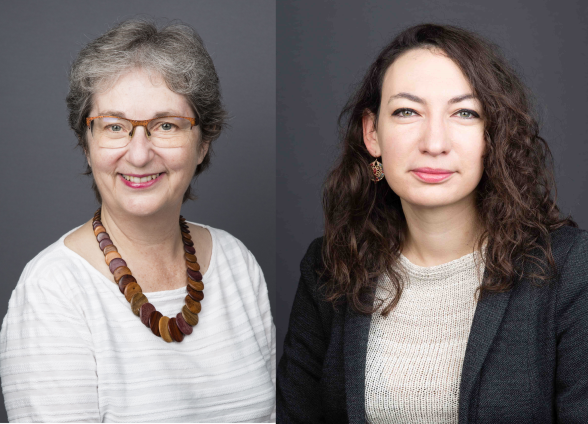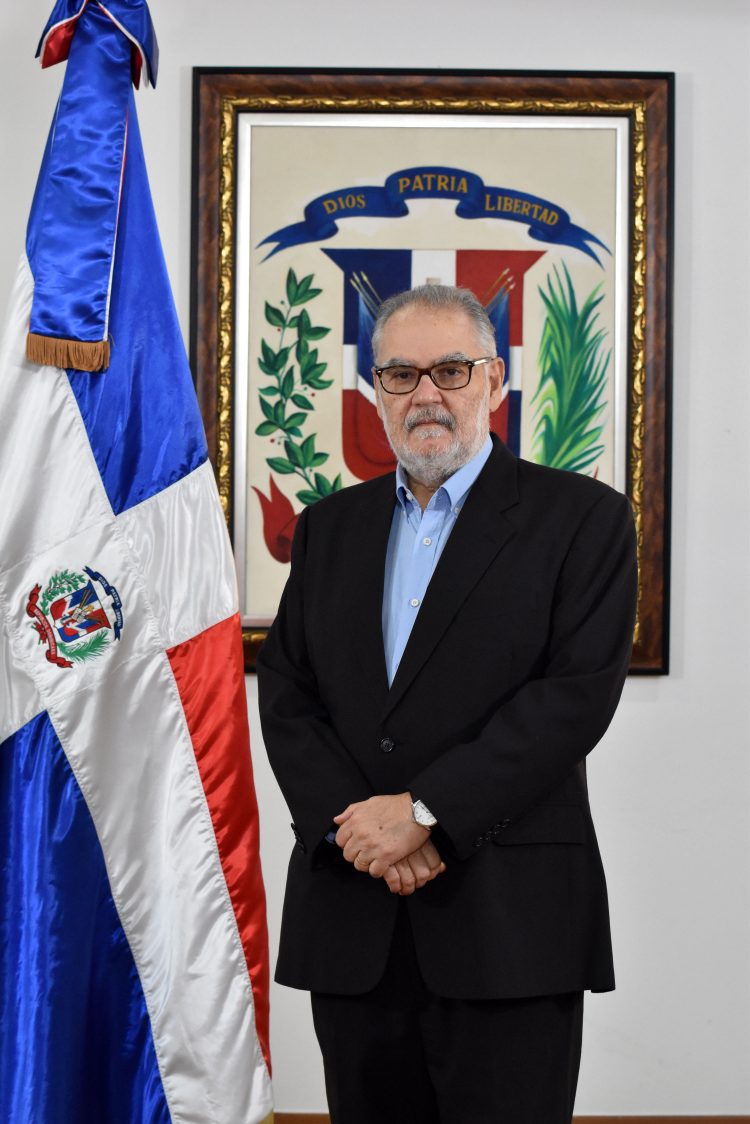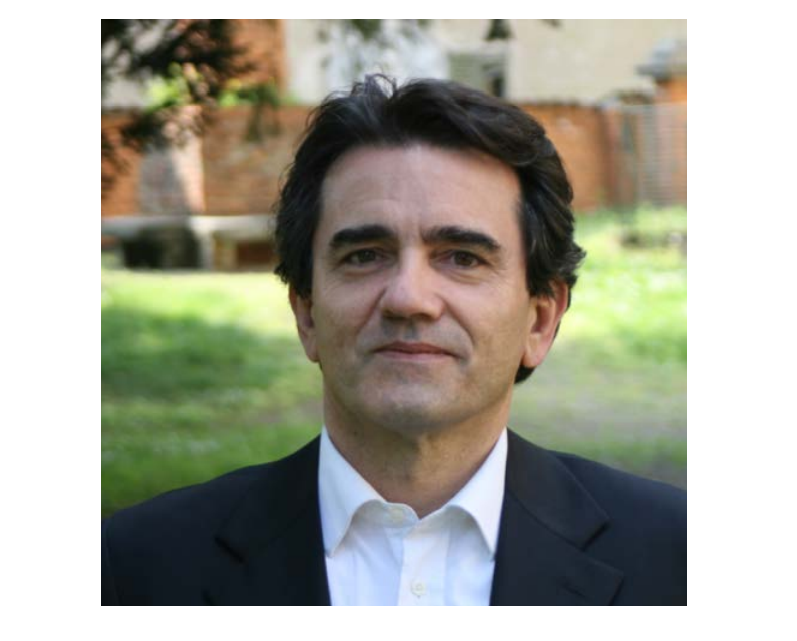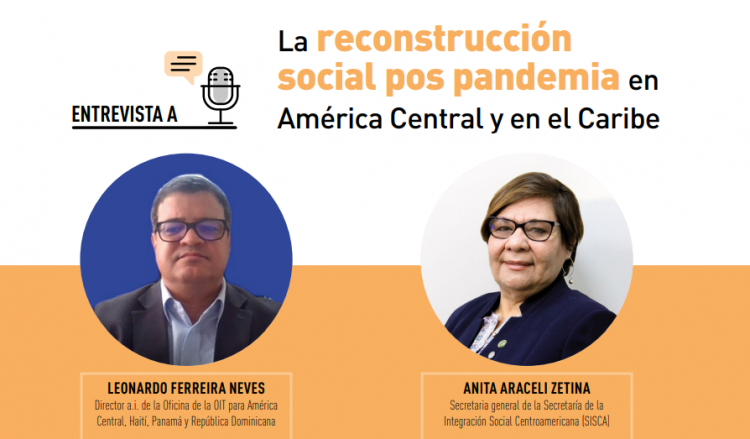Marie-Dominique De Suremain, Gender Expert with the EUROsociAL+ Programme and Sandra Berthelot-Aranda, Technician in the EUROsociAL+ Gender Equality Area

The COVID-19 pandemic reinforces the need to integrate a gender equality perspective into policies to combat poverty, inequalities and violence. “Not leaving women and girls behind”, not because they are a vulnerable minority, but because they are more than half the population, translates into fostering their physical, economic and political autonomy, reducing structural inequalities, substantially improving social cohesion and achieving better progress towards the sustainable development goals. The rights of women to equality are “key” rights that open new doors and contribute to raising material living conditions, changing the quality of democracy and citizenship over the entire population in its diversity, including men. At the request of the Latin American region, the EUROsociAL+ programme has strongly expanded the dialogue and direct cooperation between Europe and the national mechanisms for the advancement of women in the region, helping to reinforce the gender equality architecture of executive, judicial and parliamentary institutions. It has also stepped up its support for authorities and regional networks of public actors that have been pushing a common agenda for decades.
Latin America has made pioneering progress in the global context, by adopting conventions and legislation in the field of parity, in the fight against femicide and gender-based violence, and in including the care economy in national accounts. In the past decade, it had managed to significantly reduce levels of poverty, among women too, raise the level of education and initiate changes towards the development of sexual and reproductive rights. But at the same time it faced the emergence of forces opposed to the recognition of these rights, forces that are also seen in some countries in Europe. And in recent times, faced with persistent inequalities, the region faced protests, new demands for democracy by civil society, especially feminist movements, bringing forth new issues and forms of expression.
The pandemic has exploded in this context and has exacerbated all the pre-existing difficulties and contradictions, generating an enormous setback in all the progress painstakingly made in the socio-economic field, with an impact probably greater than the financial crisis of the past decade. There is talk of being set back by thirty years. The lockdown resulted in four main types of negative impact: a sharp increase in gender-based violence, particularly in couples and families (the hidden “other pandemic”) caused by aggressors and victims being forced to be together with no possibility of escape and the difficulty of accessing assistance or legal services; women’s large-scale return to domestic tasks, either due to the loss of their paid activity, or due to the closure of schools and care facilities for dependants, with few examples of co-responsibility from their partners and surroundings; the increase in labour inequalities (43% of women unemployed compared with 23.5% of men in April 2020 according to Mexico’s INEGI), together with the over-exposure of women in front-line occupations related to health, food retail and the sale of basic necessities, cleaning and care services; and finally marginalisation when it comes to decisions and analysis, and little mention of the multiple contributions they have made in official documents from the institutions and movements specialising in gender equality and the United Nations system. Differentiated data and detailed analyses are still lacking in the four dimensions mentioned, especially the decline in women in paid work and its repercussions for unpaid care and domestic work.
In Europe, as in Latin America, the challenges to achieving greater equality have multiplied, but new initiatives have also emerged that give cause for hope. Early warning systems, digital reports on violence, new forms of refuge, new calls to share the most visible domestic tasks, previously little recognised jobs being appreciated with daily applause, the use of technology to expand consultations and the circulation of initiatives and the creation of new human solidarity networks. A world has collapsed, and we are all being called upon to think about the future with new lenses, resources and tools. Attacking the mechanisms that produce inequalities as opposed to just mitigating their effects is more urgent than ever, and it will be possible if we are able to generate solidarity and new alliances between continents in the face of global risks that will only multiply in the future. Other shocks most likely await us as a result of climate change and uncontrolled and uneven growth. Building societies, continents, global networks based on social, environmental and political resilience, citizen participation, new models of equal education for both women and men, democratic masculinity, recognition of the substantive contribution of unpaid work with co-responsibility in day-to-day life, greater transparency in decision-making and information, means rethinking our categories and ways of cooperating.
The 2020-2030 regional agenda, embodied in the Santiago Commitment, adopted at the fourteenth session of the ECLAC Regional Conference on Women in Latin America and the Caribbean, the European Union’s new equality plan and the 25th anniversary of the Beijing Platform will be our compasses. The call for the Generation Equality Forum, led by UN Women, France and Mexico, is emerging as a new scenario to promote thematic coalitions, three of which will be focused on the challenges of the 21st century: climate justice, the technological revolution and the strengthening of feminist movements.



